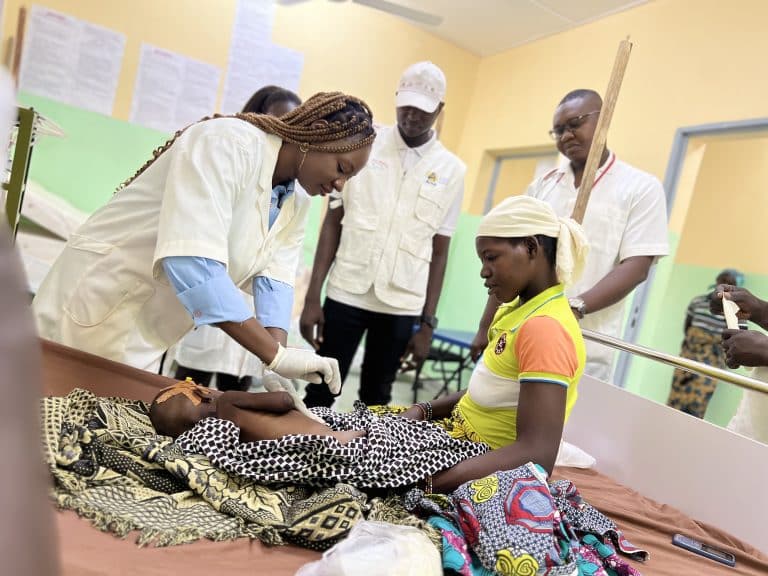
In Boulsa, healthcare is improving – in-hospital pediatric mortality and malnutrition-related deaths are declining
In Boulsa, located in the Kuilsé region of Burkina Faso, local health teams have continued their tireless efforts to save lives, despite a particularly difficult context.
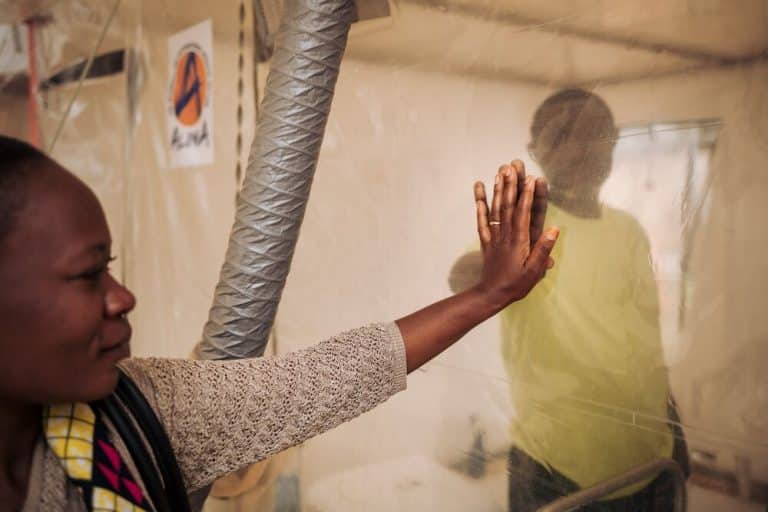
Ebola in Kasai: A Race Against Time!
Since late August, a new Ebola outbreak has struck Kasai in the Democratic Republic of Congo. With 40 deaths already and more than 1,400 contacts identified, ALIMA and its partners are mobilizing to vaccinate, treat, and protect communities in this hard-to-reach region. Every hour counts.
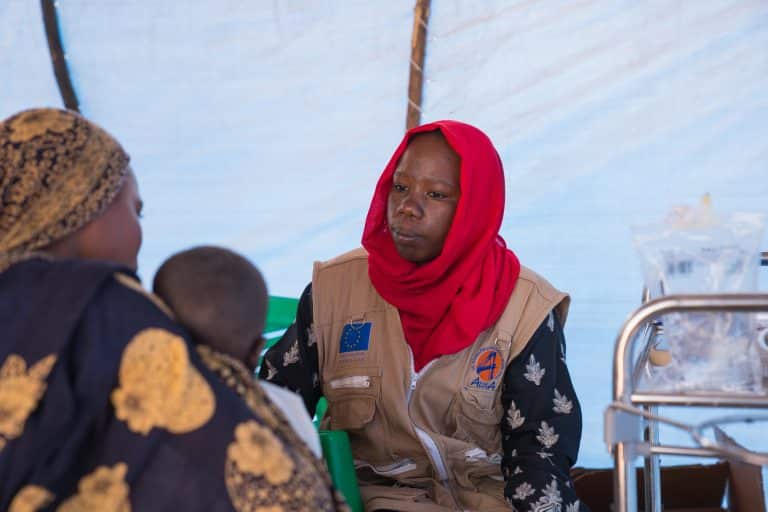
In Sudan, Everyday Heroes at the Heart of the Crisis (video)
In the areas hardest hit by the conflict, women and men continue to heal, protect, and bring hope back to their communities.
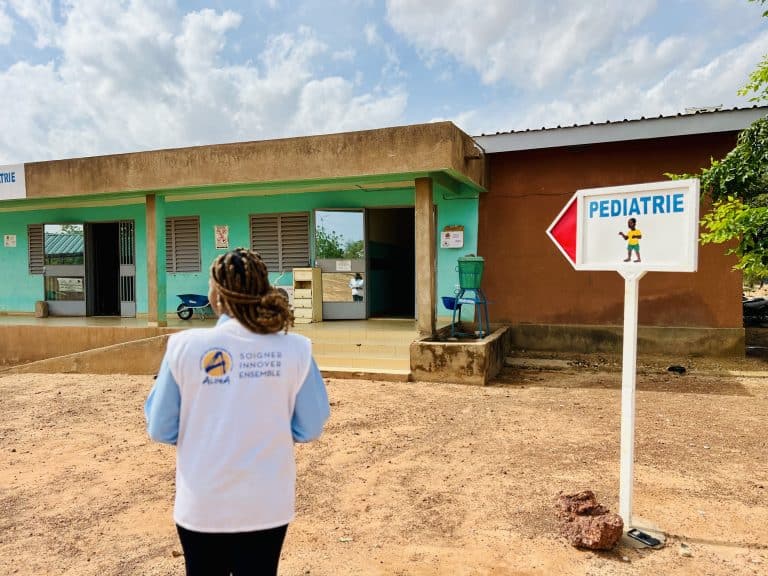
Burkina Faso: Dignified Hospital Care for Patients in Boulsa
In Boulsa, in Burkina Faso’s Center-North region, the ALIMA–Keoogo–SOS Médecins alliance is improving hospital conditions in the pediatric ward. Waste management, a modernized laundry, a psychostimulation room, and family-friendly spaces are just some of the initiatives restoring dignity and safety to patients and their loved ones.
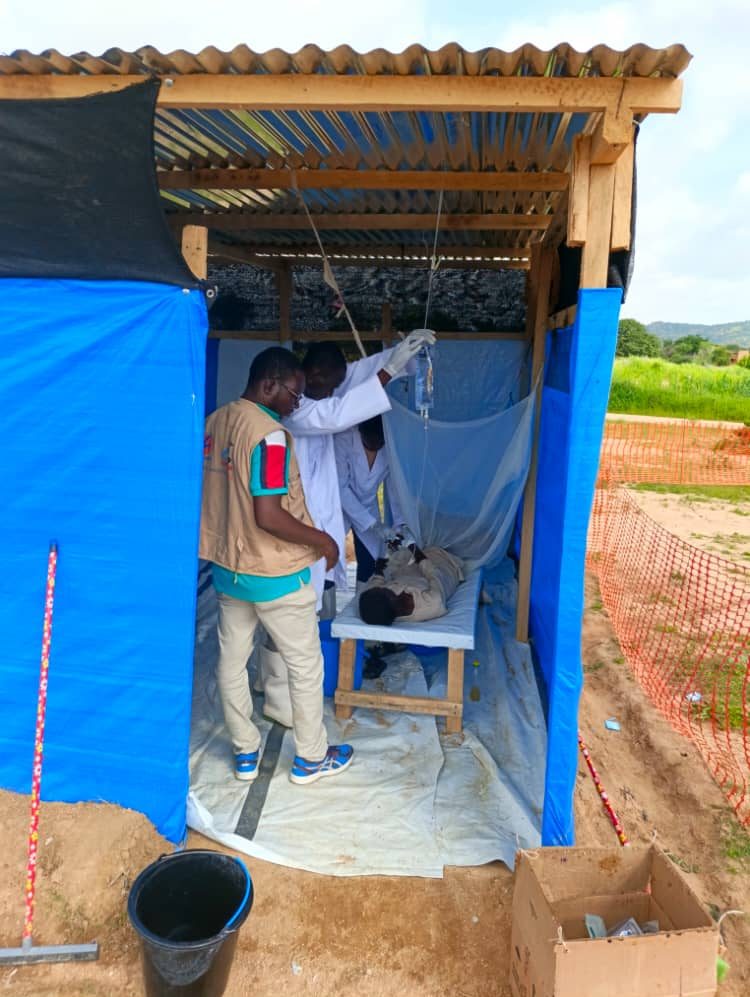
Chad: The Cholera Epidemic Escalates Along the Border With Conflict-Torn Sudan
While Sudan remains gripped by the conflict, another silent but deadly crisis is now spreading to neighboring countries: cholera. ALIMA and Alerte Santé, an NGO partner in Chad, are supporting the country’s Ministry of Health in responding to this deadly epidemic.
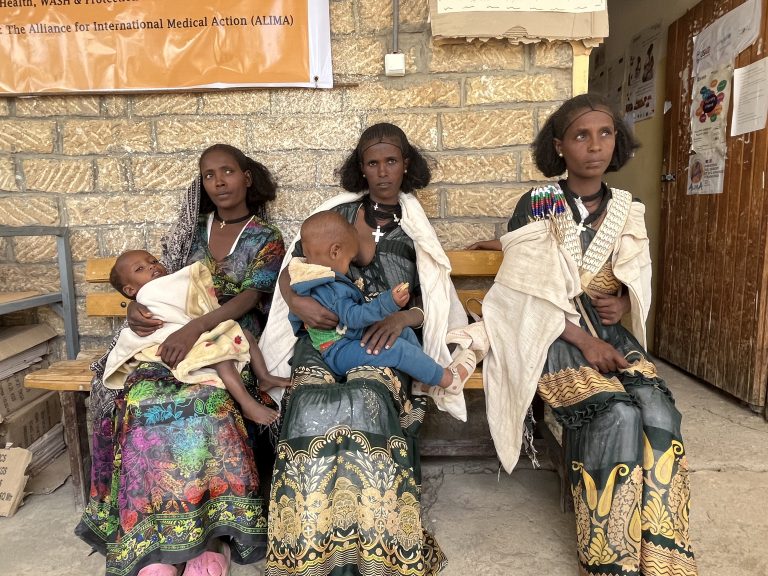
By Women, For Women: Providing Care in Tigray
In Tigray’s mountains, displaced women regain access to vital health care through ALIMA-supported clinics. Prenatal consultations, safe deliveries, and psychosocial support: women caregivers standing with women to save lives in a still fragile context.
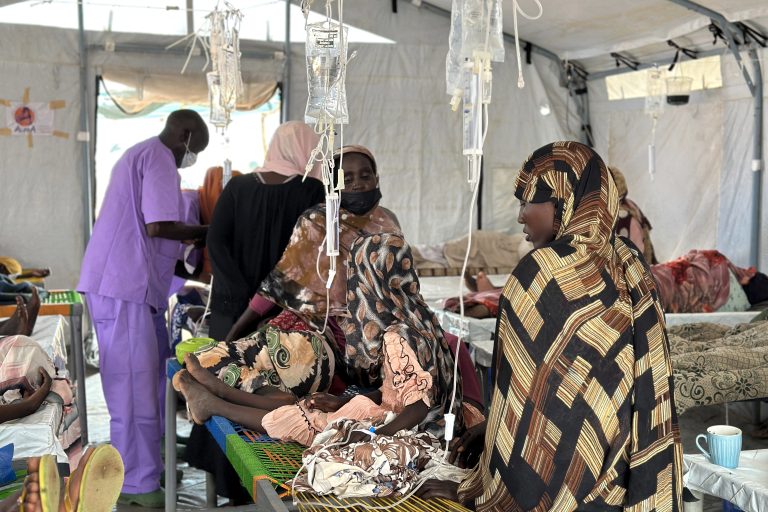
Cholera in Sudan: Our teams fight on, but the crisis deepens
ALIMA is among the NGOs on the frontlines as cholera cases surge in North Darfur.
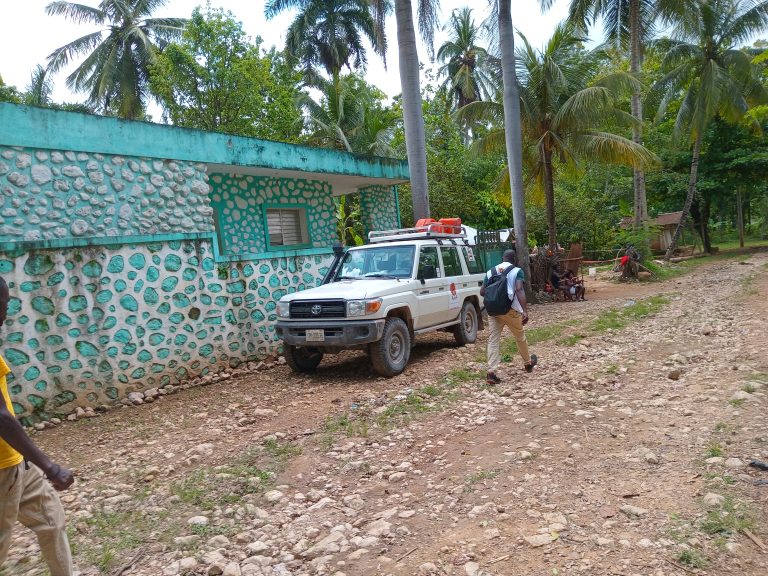
Haiti: ALIMA Addresses the Urgent Medical Needs of Deportees from the Dominican Republic
On October 2, 2024, the Dominican government launched a campaign to deport 10,000 immigrants per week, particularly affecting the Haitian community. ALIMA, in support of Haiti’s Ministry of Public Health and Population, launched operations to provide care in response to critical needs.
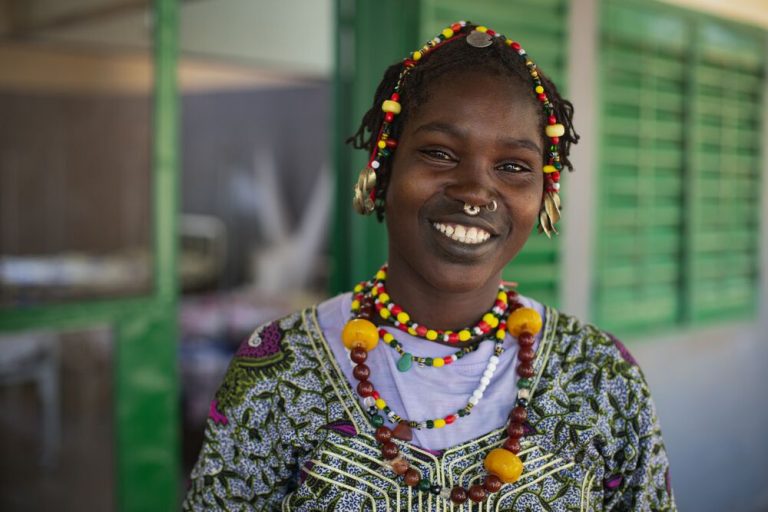
Caring Against All Odds: A Year on the Frontlines in 2024
ALIMA presents its 2024 Annual Report, celebrating 15 years of medical humanitarian action carried out in increasingly difficult contexts.


